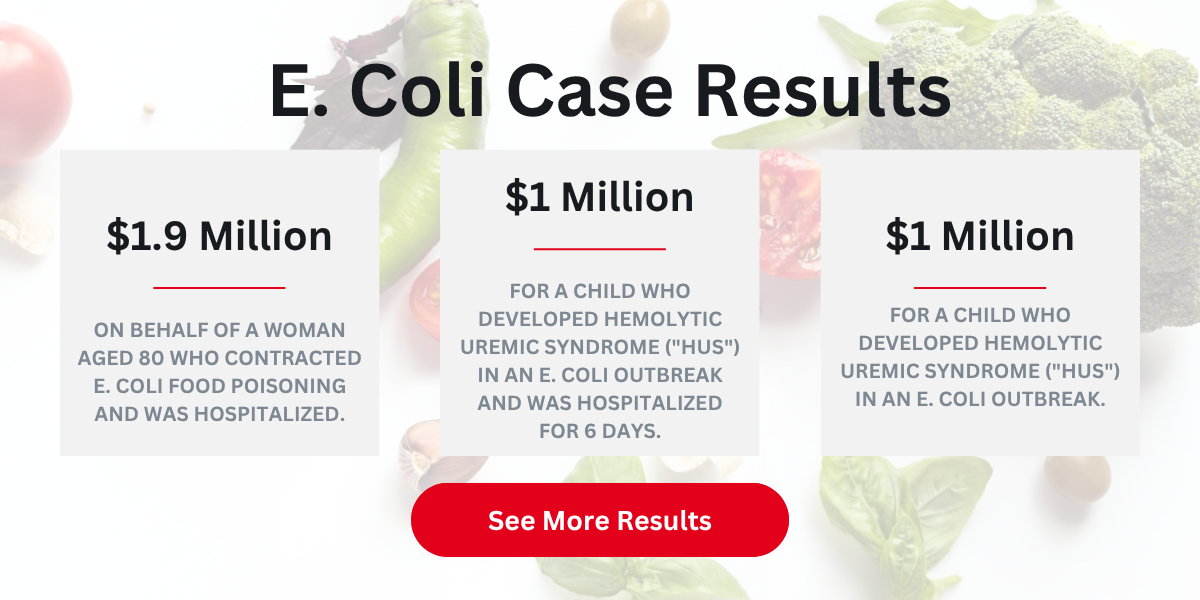All fields are required
Escherichia coli (E. coli) is a diverse group of bacteria, with certain strains capable of causing serious illness in humans. These infections are typically linked to contaminated food, water, or close contact with infected individuals or animals. Recognizing the symptoms, understanding potential complications, and knowing the available treatments can help manage the condition effectively and prevent further spread.
Symptoms of an E. coli infection generally appear 1 to 10 days after exposure, depending on the strain. The most common pathogenic strain is Shiga toxin-producing E. coli (STEC), such as E. coli O157:H7, which is associated with severe illness.
Common Symptoms:
These symptoms often resolve within 5 to 7 days. However, the severity can vary based on the individual’s overall health and the specific strain of E. coli.
The following serious complications can occur, especially in young children, older adults, and immunocompromised individuals with E. coli.
One of the most severe complications of STEC infections, HUS is a life-threatening condition that affects the kidneys and blood. It occurs in about 5-10% of individuals with STEC infections and is more common in children under five. Symptoms of HUS include:
If left untreated, HUS can lead to kidney failure and other serious complications, such as neurological damage or heart problems.
Even after recovery from E. coli, some individuals may experience long-term complications, including:

Most E. coli infections resolve on their own within a week. However, managing symptoms and preventing complications are crucial, especially for severe cases.
Rehydration is critical, as diarrhea can cause significant fluid loss. Options include:
During recovery, stick to a bland diet to avoid irritating the gastrointestinal tract. The BRAT diet (bananas, rice, applesauce, and toast) is commonly recommended. Avoid foods high in fat, dairy, or caffeine until symptoms subside.
Avoiding Antibiotics and Antidiarrheal Medications
For severe cases, especially those involving HUS or dehydration, hospitalization may be required for close monitoring and supportive care. Contact an E. coli attorney for legal help as well.
Treatment for Complications
By following safe food and hygiene practices, the risk of E. coli infection can be significantly reduced, and a lawsuit can be avoided.